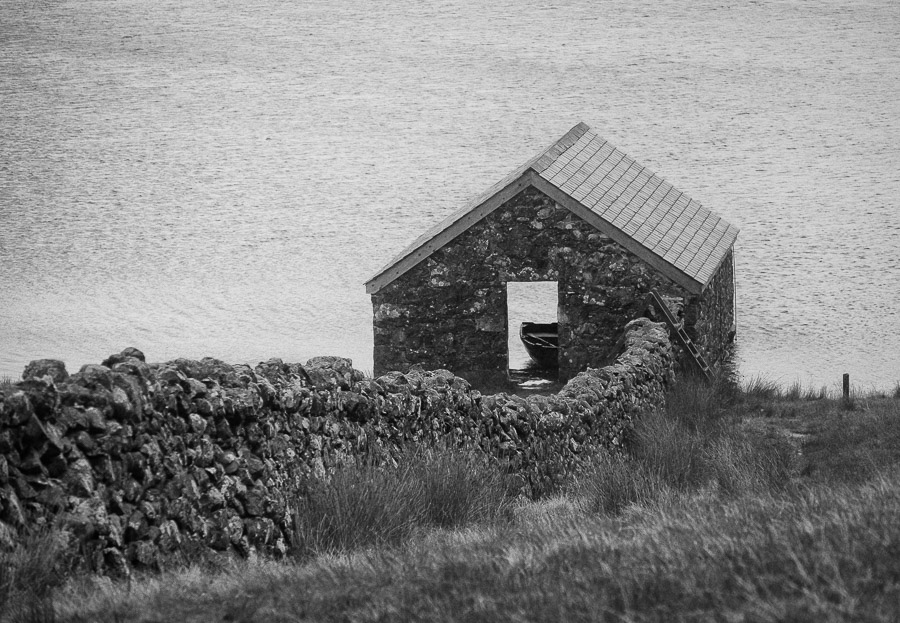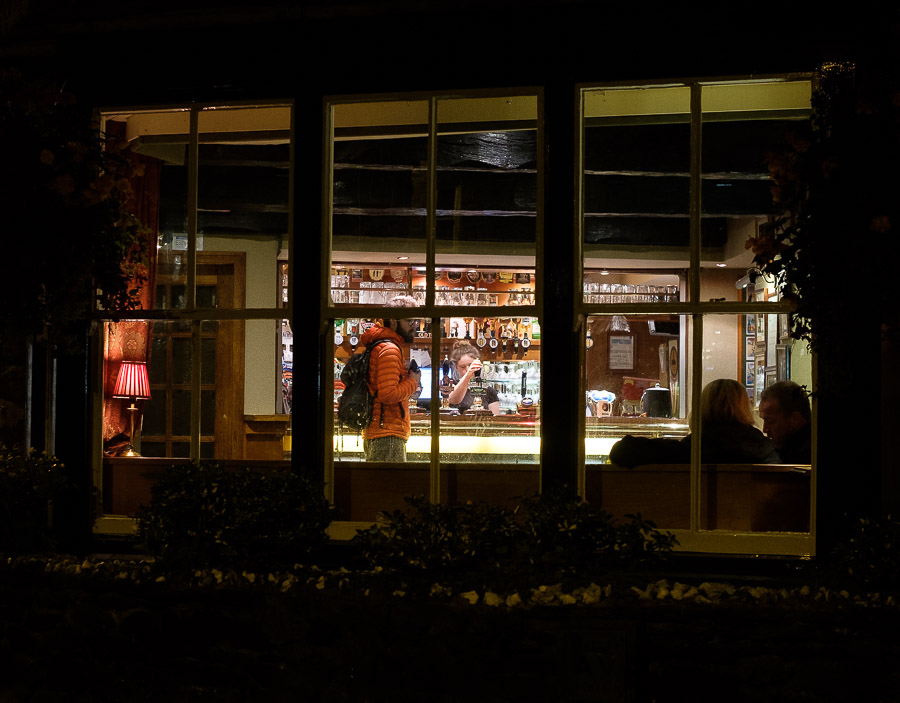Family tech support over the phone is a wonderful thing, especially with screen-sharing, but it can still be slow progress to achieve some simple tasks…
Me: “You can select several things at once: click the first one, then shift-click the last one”
Relative: “Shift-click?”
“Yes, hold down the shift key while clicking”
“I’m sorry — I don’t know where the shift key is…”
“The one with the up arrow that you use for making capitals.”
Long pause.
“No, it doesn’t seem to do anything different”.
“Oh. Perhaps it doesn’t work in this mode. Let me try here. Mmm. It works fine for me. Tell me exactly what you’re doing…”
Long discussion during which we discover that beloved relative is actually using the (generally less useful) capslock-click manoeuvre. We try again.
“Are they all selected now?”
“They’re all blue”
“Good, that means they’re selected. Now… Mmm. What were we doing?…”







Recent Comments